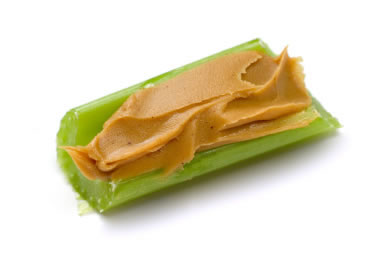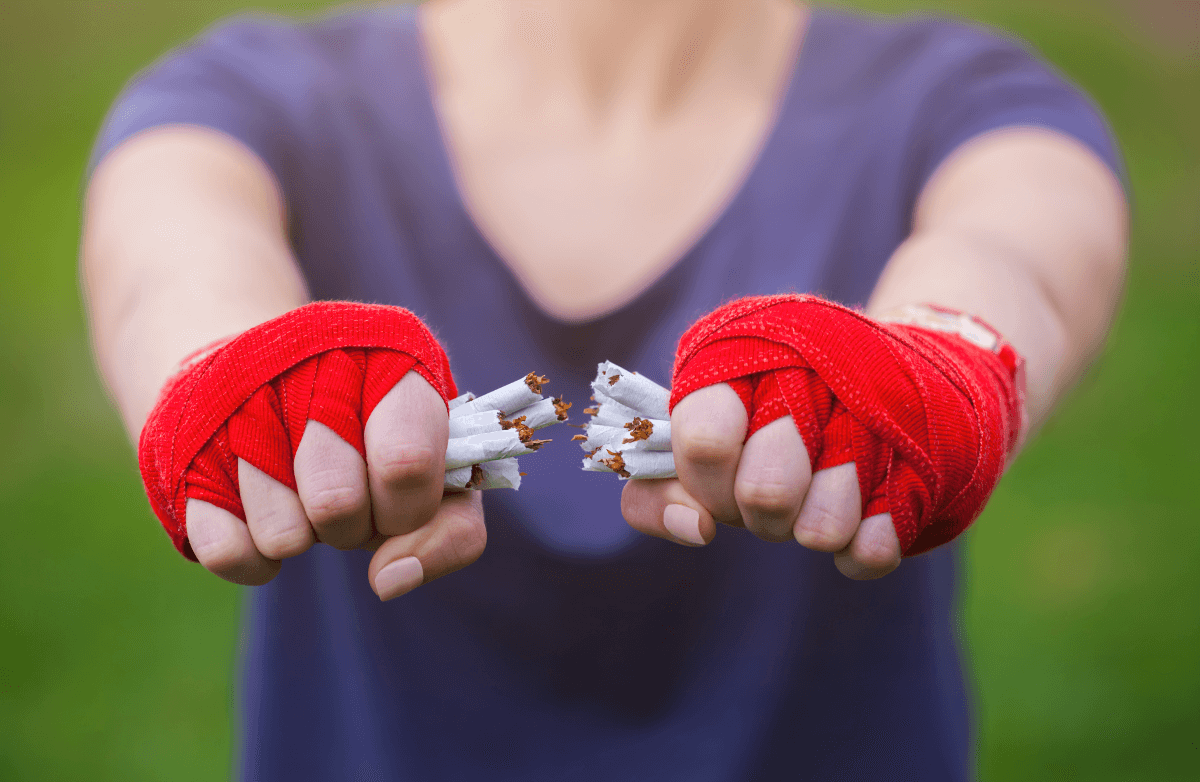| | Heat Exhaustion | Poison Ivy/Oak/Sumac Rash | Lyme Disease | West Nile Virus |
| Happens When | You overheat. Normally, when you get hot and sweat, the sweat evaporates, moving heat from your skin into the air so you cool down. But on humid days the evaporation process slows because the air is filled with moisture, making overheating—with symptoms that include nausea, dizziness and weakness—more likely, says
Dr. Knobel. | You touch the leaves of these poisonous plants, get the oil they contain (urushiol) on your skin, and break out in a red, bumpy rash. A small percentage of people won’t react to urushiol, but there’s no way to tell beforehand, so don’t take the risk, says Larry Millikan, MD, professor emeritus of dermatology at Tulane University. | You’re bitten by a tick that’s carrying the bacteria that causes Lyme disease. These ticks are usually carried by deer and sometimes cause a red bull’s-eye–shaped rash on your skin, says Dr. Fish. Left untreated, Lyme disease can cause flulike symptoms, joint pain, fatigue and a stiff neck. | You’re bitten by an infected mosquito, which may cause flulike symptoms such as fever, headache, fatigue, joint pain and nausea, says entomologist Joe Conlon, technical advisor for the American Mosquito Control Association. Symptoms usually crop
up within two to 15 days after you’re bitten. People over 50 are more likely
to get sick from it because their immune systems
are weaker. |
| Prevent It | Drink water throughout the day (don’t wait until you’re really thirsty), don’t exercise outside during the hottest part
of the day (noon to about 2-ish), and wear lightly colored loose clothing (tight outfits can trap sweat and prevent it from evaporating). | Be on the lookout for these plants. (See pictures at WomansDay.com/
PoisonIvy). Sumac tends to grow in swamps and watery areas; poison ivy and oak in woods and open fields. All three plants typically have oval-shaped leaves found in groups of three leaves per stem, and grow close to the ground. Before a hike, consider covering any exposed skin with IvyBlock cream, which will stop urushiol from penetrating your skin. | Before venturing into woodsy areas, apply a DEET-based repellent. Keeping your lawn neatly trimmed also helps. If you live in an area that’s prone to Lyme disease (download the free Lyme Disease Tick Map app from the iTunes store), put up a fence to keep out deer. After you’ve been outdoors, check thoroughly for ticks—don’t forget areas where they can easily hide, like your scalp and underarms. | Mosquitoes lay their eggs in standing water, so drain kiddie pools when you’re not using them and regularly empty any barrels or containers that might fill up with rainwater. Apply insect repellent containing DEET, picaridin or oil of lemon eucalyptus any time you’re going to be outdoors for an extended period of time—especially after dusk, since that’s when mosquitoes are often out in full force. |
| Treat It | If you start feeling nauseated, dizzy or weak, get out of the sun ASAP and place a cold compress on your forehead. Reach for a sports drink (like Gatorade) to restore electrolytes including sodium. Or drink water and eat a salty snack like pretzels. If you throw up, pass out or become disoriented, call 911; you may have heatstroke, which can be life-threatening. | A topical anti-itch lotion like Itch-X or calamine lotion plus an oral antihistamine such as Benadryl or Claritin will start soothing immediately, but symptoms can
linger for up to three weeks. If the rash lasts longer or gets infected (blisters and pus are warning signs), see your doc—you may need a
prescription antibiotic. | If you find a tick, remove it ASAP. Got a suspicious rash or no rash but other symptoms? (Sometimes a tick falls off before you spot it.) Consult your doctor; you may need an antibiotic. | There actually isn’t any treatment; you’ll probably get better within a few days, says Conlon. But see your doctor so he can give you a blood test for West Nile or rule out other reasons you might be sick. And if you end up with very bad symptoms (you can’t keep food down or your joints are really painful), you may need to be hospitalized so you can be monitored. |


.jpg)









.jpg)

